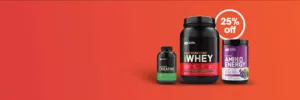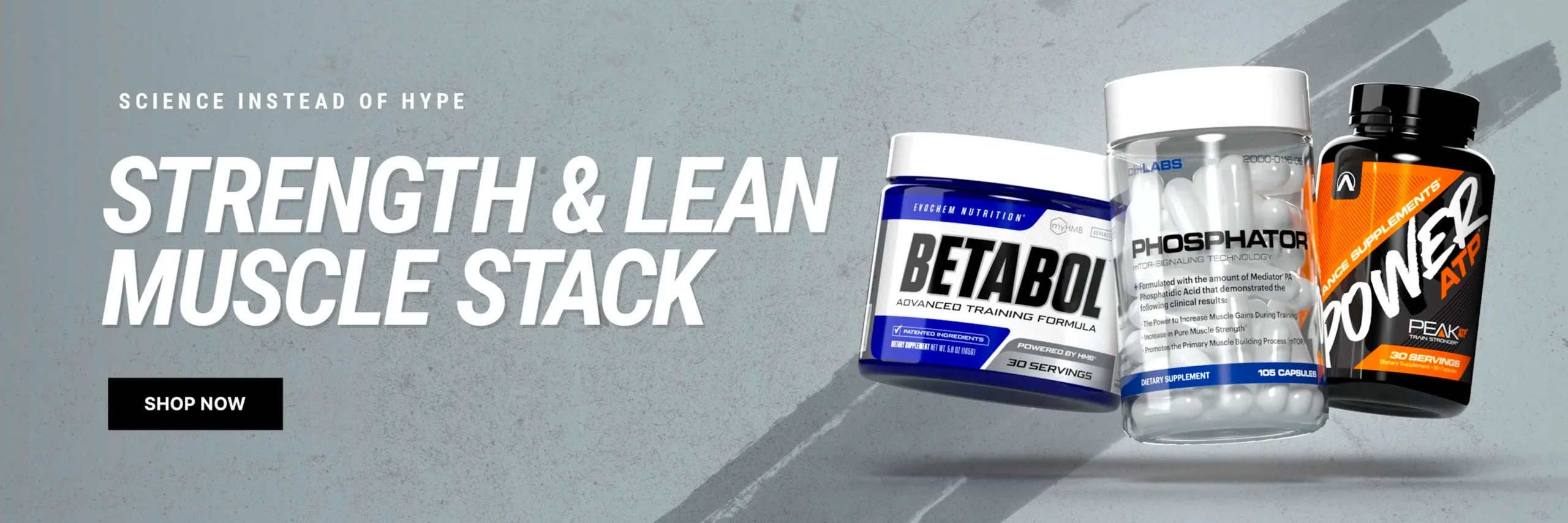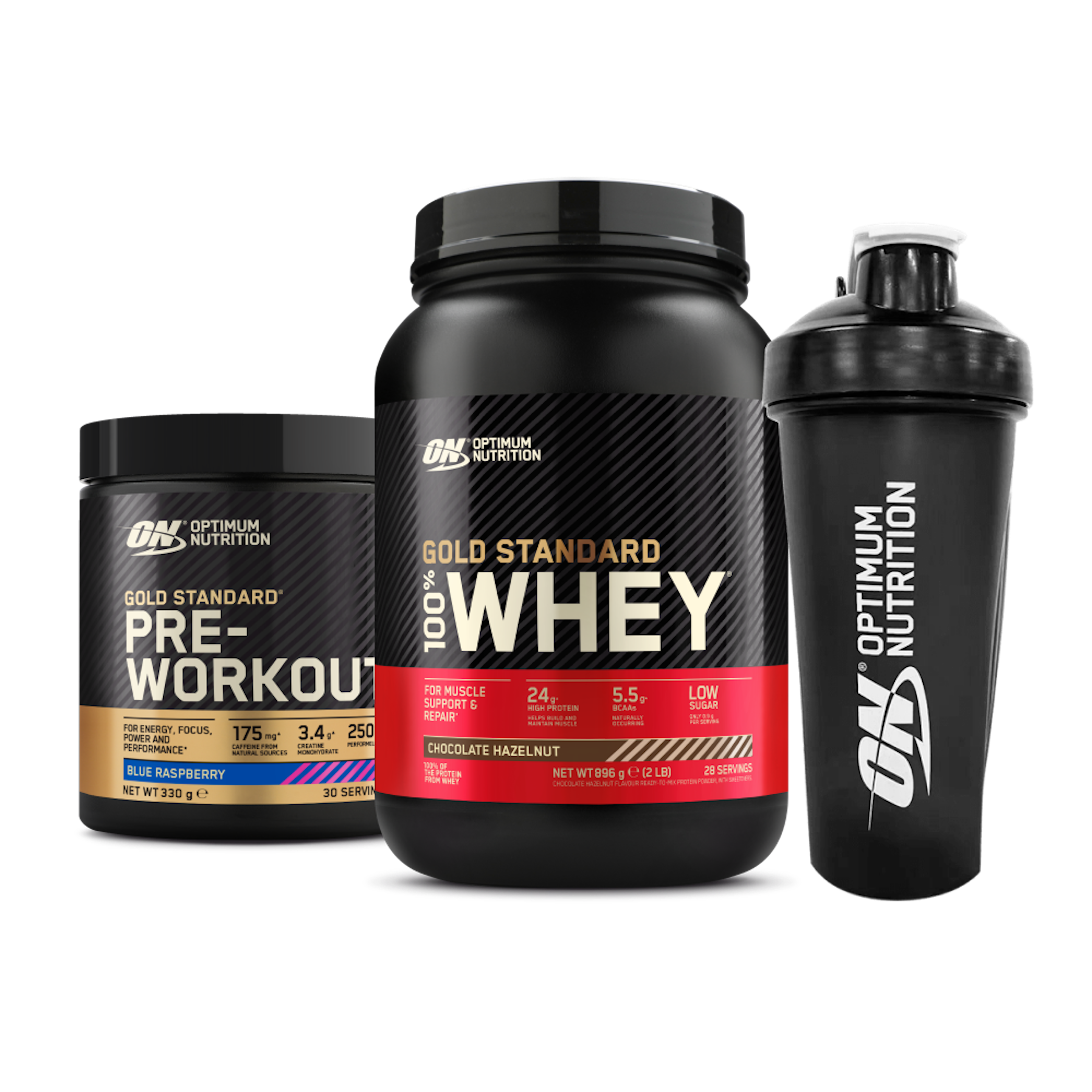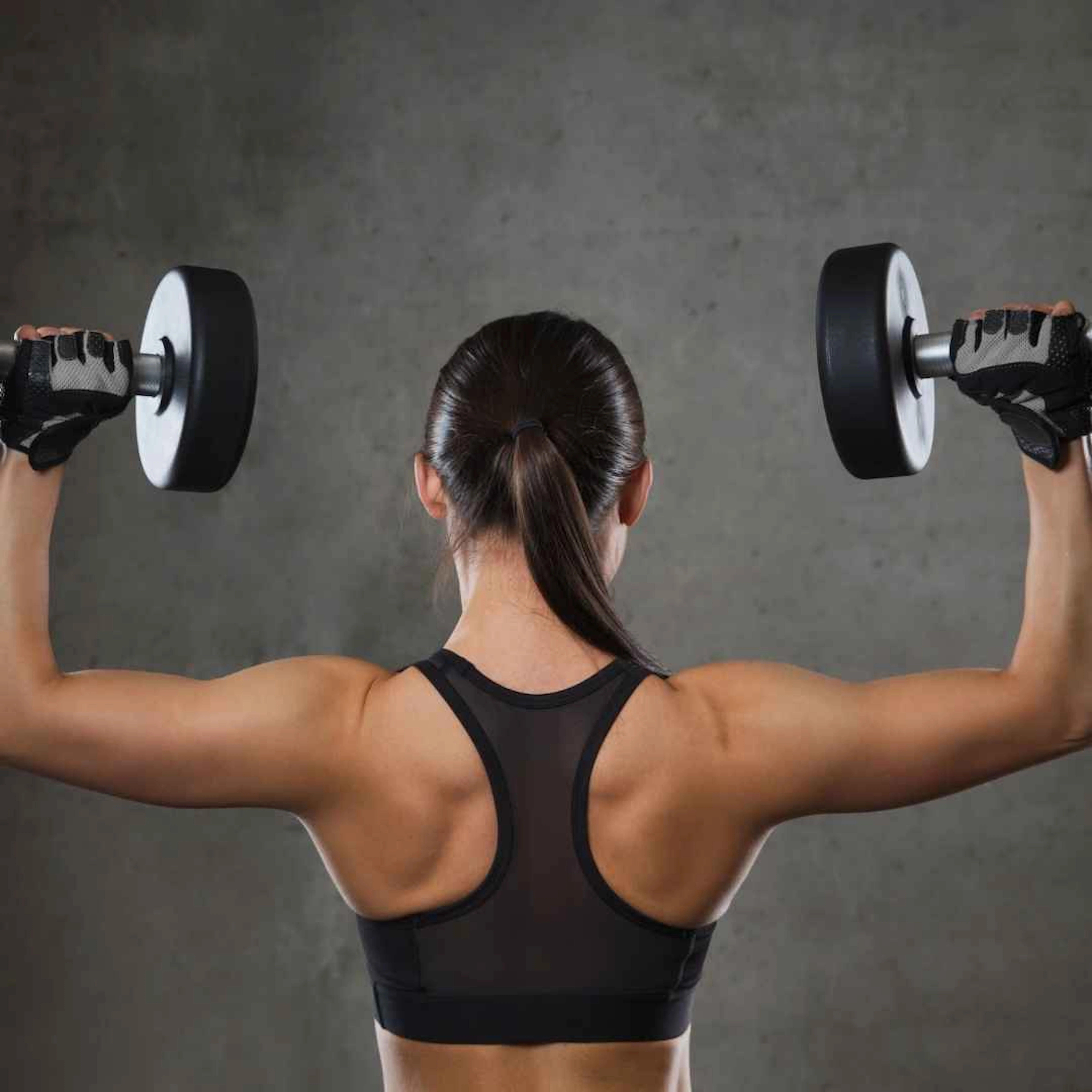Building muscle requires dedication in the gym and a strategic approach to your diet. Food is the fuel that powers your workouts and provides the building blocks for muscle growth.
Bodybuilding is centered around building your body’s muscles through weightlifting and nutrition.
Whether recreational or competitive, bodybuilding is often referred to as a lifestyle, as it involves both the time you spend in and outside the gym.
In order to maximize your results from the gym, you must focus on your diet, as eating the wrong foods can be detrimental to your bodybuilding goals.
This article explains what to eat and avoid on a bodybuilding diet and provides a one-week sample menu. This article will explore the best bodybuilding meal plan, including what to eat, when to eat, and what to avoid to achieve your physique goals.
Understanding Macronutrients
The foundation of a bodybuilding meal plan lies in understanding macronutrients – carbohydrates, protein, and fat. Each plays a crucial role in muscle building and recovery:
- Carbohydrates: Provide readily available energy for intense workouts. They also help replenish glycogen stores in your muscles, which are essential for sustained exercise performance.
- Protein: The building block of muscle tissue. It’s vital for muscle repair and growth after weight training.
- Fats: Provide sustained energy, support hormone production, and aid in nutrient absorption.
What To Eat
1. Protein: Aim for 1.5-2 grams of protein per kilogram of bodyweight daily. Here are excellent protein sources:
- Lean meats: Chicken breast, turkey breast, lean cuts of beef, fish (salmon, tuna)
- Eggs: Whole eggs are a complete protein source containing all essential amino acids.
- Dairy: Greek yogurt, cottage cheese
- Plant-based protein: Tofu, tempeh, lentils, beans
2. Carbohydrates: Complex carbs provide sustained energy and fiber for better digestion. Include:
- Whole grains: Brown rice, quinoa, oats
- Starchy vegetables: Sweet potatoes, potatoes (with skin), corn
- Fruits: Bananas, berries, apples
3. Healthy Fats: Choose unsaturated fats that support heart health and hormone production:
- Avocados: Excellent source of healthy fats and fiber.
- Nuts and seeds: Almonds, walnuts, chia seeds, flaxseeds
- Fatty fish: Salmon, tuna
- Olive oil: Use for cooking and salad dressings.
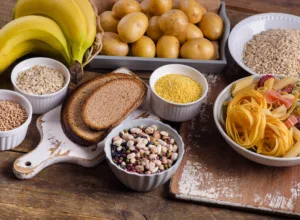
 Sample Meal Plan
Sample Meal Plan
This is a sample bodybuilding meal plan, with portion sizes adjusted based on your individual needs and calorie goals.
Meal 1 (Breakfast):
- Scrambled eggs with spinach and whole-wheat toast
- Greek yogurt with berries
Meal 2 (Snack):
- Protein shake with fruit and spinach
- Handful of almonds
Meal 3 (Lunch):
- Grilled chicken breast with brown rice and roasted vegetables
- Side salad with olive oil dressing
Meal 4 (Pre-workout):
- Banana with a scoop of whey protein
Meal 5 (Post-workout):
- Chicken breast with sweet potato and steamed broccoli
- Protein shake
Meal 6 (Dinner):
- Salmon with quinoa and roasted Brussels sprouts
- Side salad with olive oil dressing
Meal 7 (Snack):
- Cottage cheese with pineapple chunks
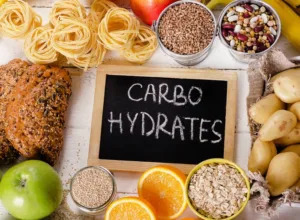
Check Out Our List Of The Best Supplements For Building Muscle, Shredding Muscle, Recovery, And Great Health, and Wellness Products! Purchase ifbnewsfeed.org‘s apparels Here: ifbnewsfeed.org
-
Bodybuilding Basics
Bodybuilding differs from powerlifting or Olympic lifting in that it’s judged on a competitor’s physical appearance rather than physical strength.
As such, bodybuilders aspire to develop and maintain a well-balanced, lean, and muscular physique.
To do this, many bodybuilders start with an off-season followed by an in-season way of eating — referred to as a bulking and cutting phase, respectively.
During the bulking phase, which can last months to years, bodybuilders eat a high-calorie, protein-rich diet and lift weights intensely with the goal of building as much muscle as possible.
The following cutting phase focuses on losing as much fat as possible while maintaining muscle mass developed during the bulking phase. This is achieved through specific changes in diet and exercise over a period of 12–26 weeks.
SUMMARY
Bodybuilding training and dieting is typically divided into two phases: bulking and cutting. The goal of the bulking phase is to build muscle, whereas the cutting phase is dedicated to preserving muscle while losing body fat.
-
Benefits of Bodybuilding
There are several health benefits associated with bodybuilding.
In order to maintain and build muscles, bodybuilders exercise frequently, performing both resistance and aerobic training.
Resistance training increases muscle strength and size. Muscle strength is highly correlated with a lower risk of dying from cancer, heart and kidney disease, as well as several other critical illnesses.
Aerobic exercise, which bodybuilders regularly implement to reduce body fat, improves heart health and significantly lowers your risk of developing or dying from heart disease — the number one killer in America.
In addition to exercise, bodybuilders also focus on their nutrition.
With careful planning, bodybuilders can eat in a way that not only supports their efforts in the gym but keeps them healthy too.
Following a healthy eating pattern, including nutrient-dense foods from all food groups in appropriate amounts, can significantly lower your risk of chronic diseases.
SUMMARY
Bodybuilders exercise regularly and may eat well-planned and nutrient-dense diets, both of which offer many health benefits.
-
Calorie Needs and Macronutrients
The goal for competitive bodybuilders is to increase muscle mass in the bulking phase and reduce body fat in the cutting phase. Hence, you consume more calories in the bulking phase than in the cutting phase.
-
How Many Calories Do You Need?
The easiest way to determine how many calories you need is to weigh yourself at least three times a week and record what you eat using a calorie tracking app.
If your weight stays the same, the daily number of calories you eat is your maintenance calories — in other words, you’re not losing or gaining weight, but maintaining it.
During your bulking phase, it’s recommended to increase your calorie intake by 15%. For example, if your maintenance calories are 3,000 per day, you should eat 3,450 calories per day (3,000 x 0.15 = 450) during your bulking phase.
When transitioning from a bulking to a cutting phase, you would instead decrease your maintenance calories by 15%, meaning you would eat 2,550 calories per day instead of 3,450.
As you gain weight in the bulking phase or lose weight in the cutting phase, you will need to adjust your calorie intake at least monthly to account for changes in your weight.
Increase your calories as you gain weight in the bulking phase and decrease your calories as you lose weight in the cutting phase for continued progression.
During either phase, it’s recommended not to lose or gain more than 0.5–1% of your body weight per week. This ensures that you don’t lose too much muscle during the cutting phase or gain too much body fat during the bulking phase.
-
Macronutrient Ratio
Once you establish the number of calories you need, you can determine your macronutrient ratio, which is the ratio between your protein, carbohydrate, and fat intake.
Unlike the difference in your calorie needs between the bulking and cutting phase, your macronutrient ratio does not change.
Protein and carbs contain four calories per gram, and fat contains nine.
It’s recommended that you get:
- 30–35% of your calories from protein
- 55–60% of your calories from carbs
- 15–20% of your calories from fat
Here’s an example of the ratio for both a bulking and cutting phase:
| Bulking phase | Cutting phase | |
| Calories | 3,450 | 2,550 |
| Protein (grams) | 259–302 | 191–223 |
| Carbs (grams) | 474–518 | 351–383 |
| Fat (grams) | 58–77 | 43–57 |
 These are general guidelines, so it’s best to consult with a registered dietitian to determine your individual needs based on your goals to make sure your diet is nutritionally adequate.
These are general guidelines, so it’s best to consult with a registered dietitian to determine your individual needs based on your goals to make sure your diet is nutritionally adequate.
SUMMARY
Recommended calorie intake, but not your macronutrient ratio, differ between the bulking and cutting phase. To account for weight changes, adjust your calorie intake each month.
When To Eat
Meal Timing:
- Spread your meals and snacks throughout the day (every 2-3 hours) to keep your metabolism active and provide a steady supply of nutrients for muscle growth.
- Pre-workout meal (30-60 minutes before): Focus on easily digestible carbs and a moderate amount of protein to provide energy for your workout.
- Post-workout meal (within 30 minutes after): Consume a combination of protein and carbs to replenish glycogen stores and initiate muscle repair.
Listen to your body: Adjust meal timing based on your training schedule and hunger cues.
What To Avoid
Here are some foods to limit or avoid in a bodybuilding meal plan:
- Sugary drinks: Provide empty calories with no nutritional value and can lead to blood sugar spikes and crashes.
- Processed foods: Often high in unhealthy fats, sodium, and added sugars.
- Fried foods: High in unhealthy fats and can contribute to inflammation.
- Refined grains: White bread, white pasta – provide a quick energy surge but lack fiber and can lead to blood sugar spikes.
- Excessive alcohol: Can hinder muscle recovery and protein synthesis.
Always Remember: This is a general guideline. Individual needs may vary. Consult a registered dietitian or sports nutritionist to create a personalized meal plan tailored to your specific goals and preferences.
Wrapping Up
Building muscle requires dedication not only in the gym but also in the kitchen. Food is fuel for your body, and the right bodybuilding meal plan will provide the nutrients you need to recover, grow, and achieve your physique goals.
More About Cutting Diets vs. Bulking Diets Contents
- “Weight Training”: A Comprehensive Guide For Beginners. The Types And The Routines Of “Weight Training Exercises”
- Bulking Phase / Off-Season Phase: How To Gain Muscle — “A Complete Guide To Eating For Mass Explosion”
- Cutting-Edge: Importance Of Calories When Dieting. How Many “Calories” Should You Be Eating Daily?
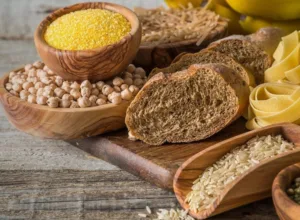
- Get $200 With Your 1st Order Because Your Health Matters
- Best Supplements For Muscle Building, Strength & Champion Performance
- Best Supplements For Intense Energy, Performance & Endurance
For More News And Daily Updates, Follow IFBNewsfeed.Org™🇺🇸 on Facebook, Twitter, and Instagram. Comment, Like, And Share With Everyone Who May Need To Be Updated With The Most Recent Fitness/Bodybuilding/Powerlifting And CrossFit News.

